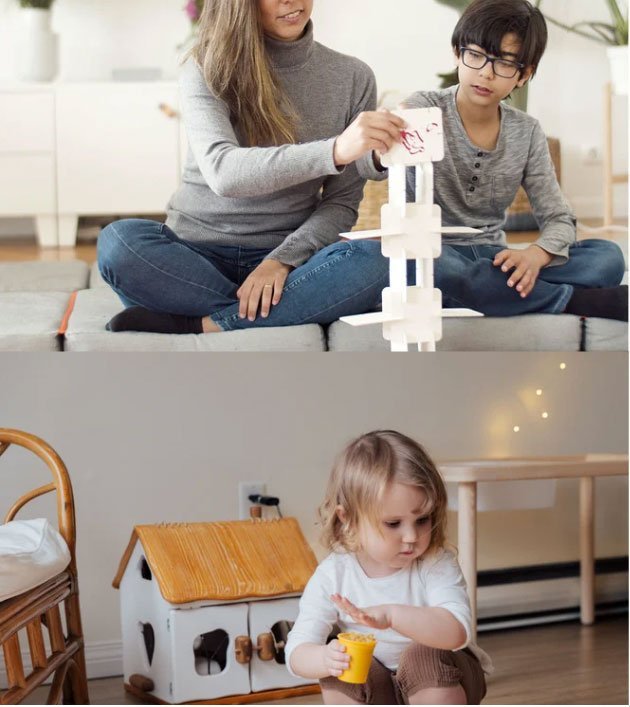Play therapy is not typically used as a direct intervention for dyslexia. Dyslexia is a neurodevelopmental condition that affects a person’s ability to read, write, and spell. It is usually addressed through structured and evidence-based interventions that focus on improving reading skills, phonological awareness, and related cognitive abilities.
Play therapy, on the other hand, is a form of psychotherapy primarily used with children to help them express themselves, explore their feelings, and develop coping skills through play. It is often employed to address emotional and behavioral issues, rather than specific learning difficulties like dyslexia. However, play therapy is often utilized as an adjunct or supportive intervention in addressing various challenges faced by children, including learning difficulties. Research in the field of play therapy has explored its effectiveness in enhancing emotional expression, communication skills, social interactions, and problem-solving abilities in children.
For dyslexia, interventions such as structured literacy programs, multisensory approaches, and targeted educational strategies are more appropriate. These interventions are designed to address the underlying difficulties in phonological processing and decoding skills that are characteristic of dyslexia.

If you suspect that a child may have dyslexia, it is essential to consult with educational professionals, such as teachers, special education specialists, or psychologists, who can conduct assessments and recommend appropriate interventions tailored to the individual’s needs. Early identification and intervention are crucial for supporting individuals with dyslexia in their academic and personal development.

